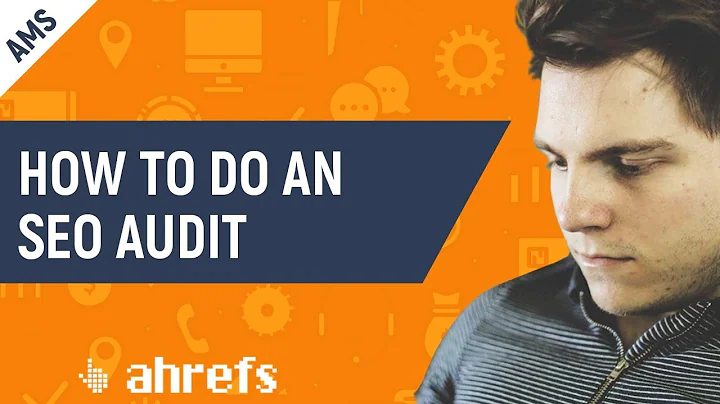Uncovering the Truth About Negative SEO: Protecting Your Website
Table of Contents
- Introduction
- Understanding Negative SEO
- The Importance of Backlinks
- Google's Algorithm Design
- The Release of the Disavow Links Tool
- Protecting Your Website from Negative SEO
- When Negative SEO is a Concern
- How to Use the Disavow Links Tool
- Misconceptions about Negative SEO
- Conclusion
Introduction
Today, we're going to delve into the controversial topic of negative SEO. Over the years, there has been a growing concern among website owners about the impact of negative SEO tactics on their search engine rankings. In this article, we will explore the concept of negative SEO, discuss the importance of backlinks in SEO, and shed light on how Google's algorithm design aims to protect websites from such practices. We will also delve into the release of a powerful tool called Disavow Links, which allows website owners to mitigate the effects of negative SEO. So, let's dive in and uncover the truth behind this perplexing phenomenon.
Understanding Negative SEO
Negative SEO refers to the unethical practice of sabotaging a competitor's website by executing manipulative techniques with the intent of lowering their search engine rankings. These techniques can include building low-quality or spammy backlinks, copying content to create duplicate pages, or even launching various cyberattacks. The goal of negative SEO is to trigger a penalty from search engines like Google, causing the targeted website to lose visibility and organic traffic.
Negative SEO has always been a topic of concern for website owners, with questions arising about the effectiveness and potential damage it can cause. In the following sections, we will explore how backlinks play a crucial role in SEO and how Google has designed its algorithms to combat such malicious practices.
The Importance of Backlinks
Backlinks are one of the key factors that search engines consider when determining the authority and relevance of a website. Think of backlinks as votes of confidence from other websites. If reputable websites link to your pages, search engines view it as a positive signal, indicating that your content is valuable and relevant. Consequently, this boosts your website's search engine rankings.
However, the dark side of backlinks is that they can also be manipulated for negative purposes. Unscrupulous individuals can try to harm your website's reputation by pointing low-quality or toxic backlinks at your site. This is where negative SEO tactics come into play, exploiting the vulnerabilities in search engine algorithms.
Continue reading the full article to understand how Google addresses negative SEO concerns and the role of the Disavow Links tool in protecting websites. Learn how to safeguard your website and neutralize the effects of negative SEO attacks.







